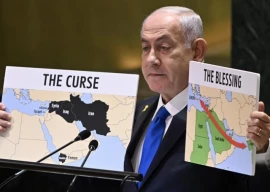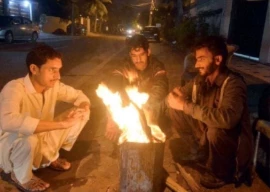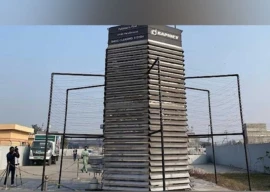
It is undoubtedly true that the cost of fighting terrorism as announced by the DG Inter-Services Public Relations (ISPR) on Sunday 18th March has been high — 75,000 lives and more than $123 billion — and there are going to be more dead and injured and expenditure. The DG ISPR said that Operation Radd-ul-Fasad has been launched to ‘eliminate disorganised residual presence of militants’ and there emerges another hostage to fortune. The militants may be disorganised today which does not mean they are going to be disorganised tomorrow or the next day, and eliminating them is never going to be purely a military-led operation.
The entire country is undoubtedly safer as a result of the military interventions. Terrorist operations and casualty numbers are significantly reduced, the populace generally feels more secure and the sense of fear is reduced. That result is almost entirely at the hands of the military and the civilian contribution, especially politically is relatively speaking, minor. Critical elements of the National Action Plan (NAP) formulated in the wake of the APS massacre remain but lightly addressed in many parts of the country, and there is still no national counter-terrorism narrative that can be owned and implemented by every province equally. Thus it is that we express a certain scepticism when it comes to announcements regarding the eradication of groups like the Haqqani Network and other extremist groups that continue to gather funds and recruits. The plant will grow again if you leave the seeds behind. The DG ISPR was right in what he said, but he left dangerous blanks.
Published in The Express Tribune, March 20th, 2018.
Like Opinion & Editorial on Facebook, follow @ETOpEd on Twitter to receive all updates on all our daily pieces.







1736332856-0/Untitled-design-(20)1736332856-0-270x192.webp)



1736334465-0/sidra--(45)1736334465-0-270x192.webp)






COMMENTS
Comments are moderated and generally will be posted if they are on-topic and not abusive.
For more information, please see our Comments FAQ